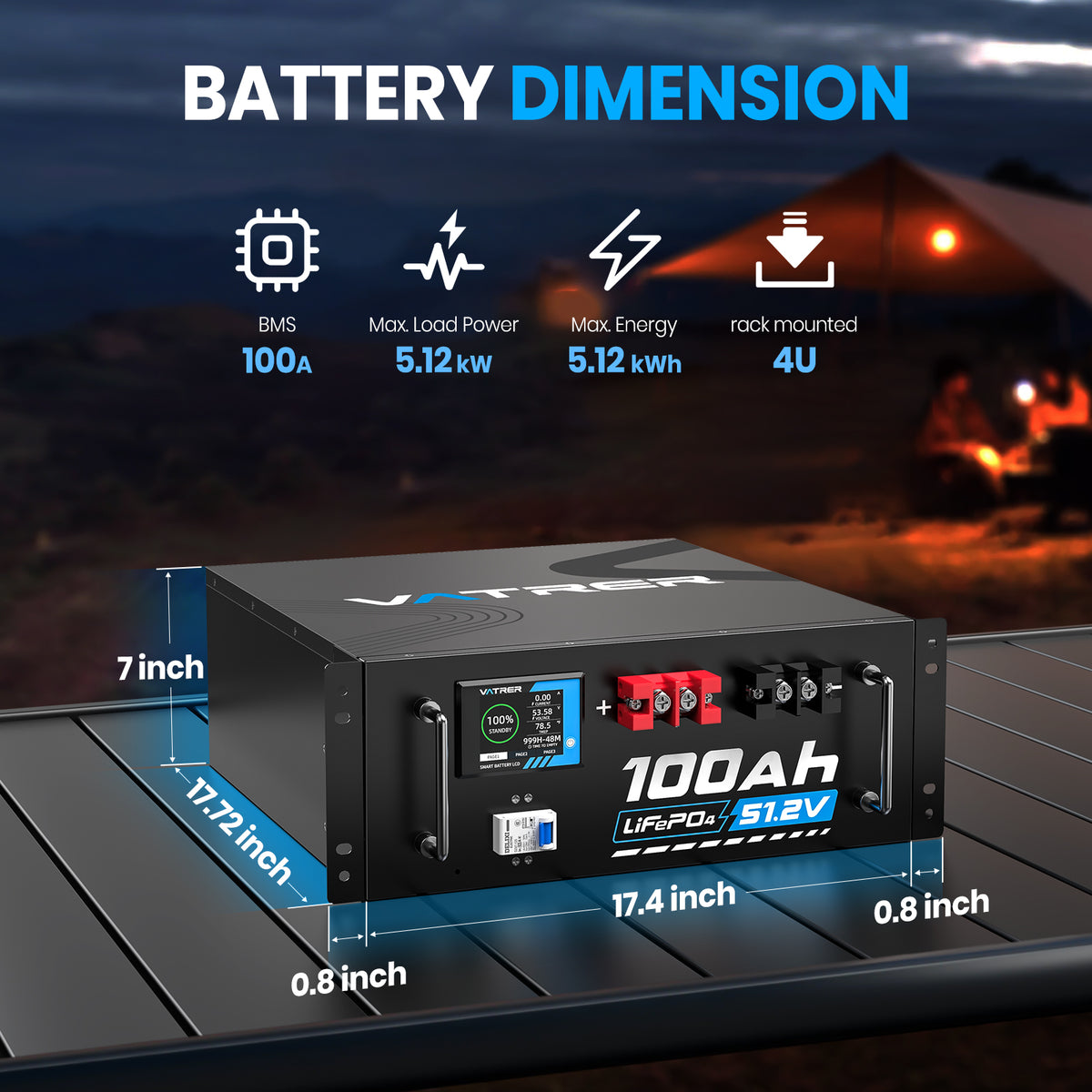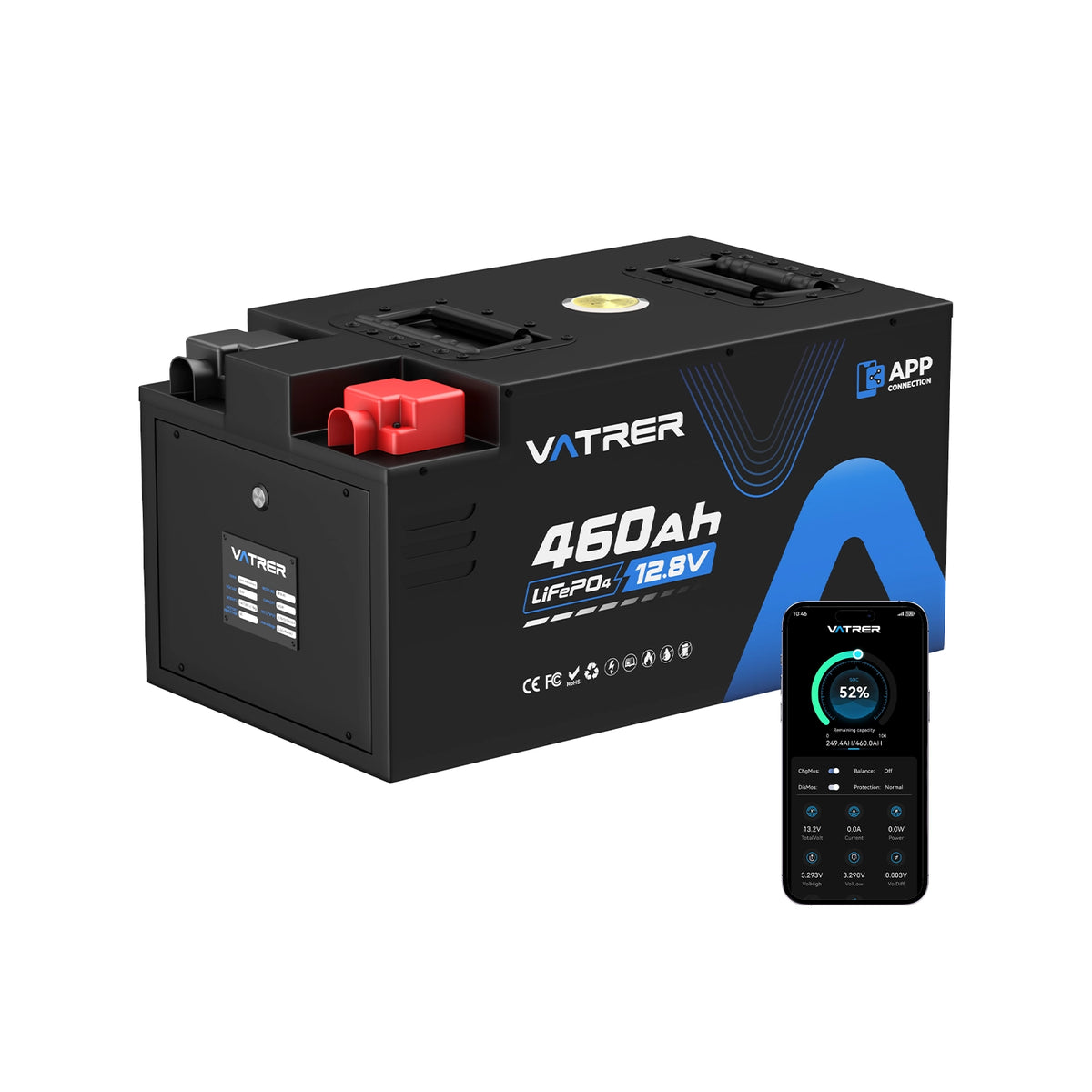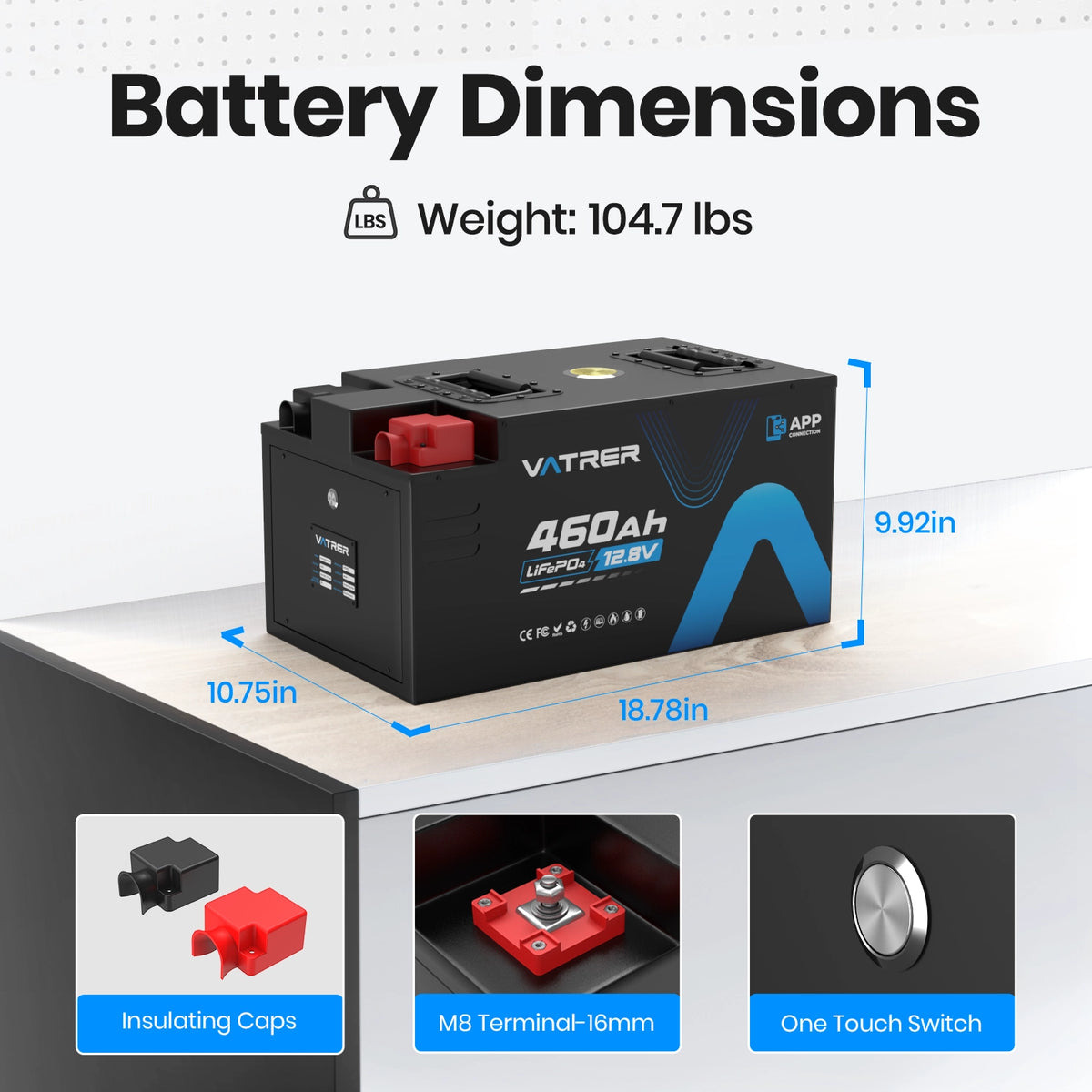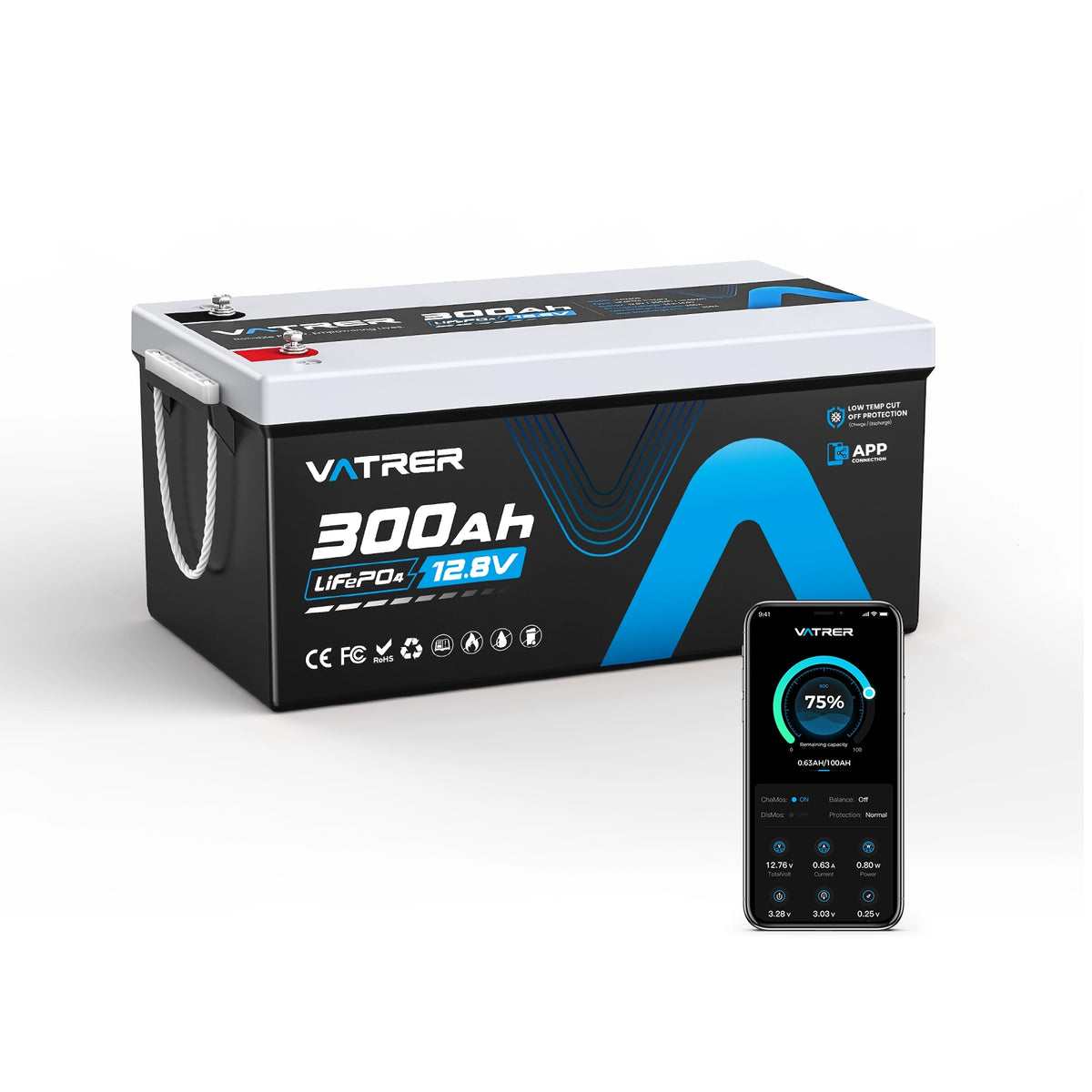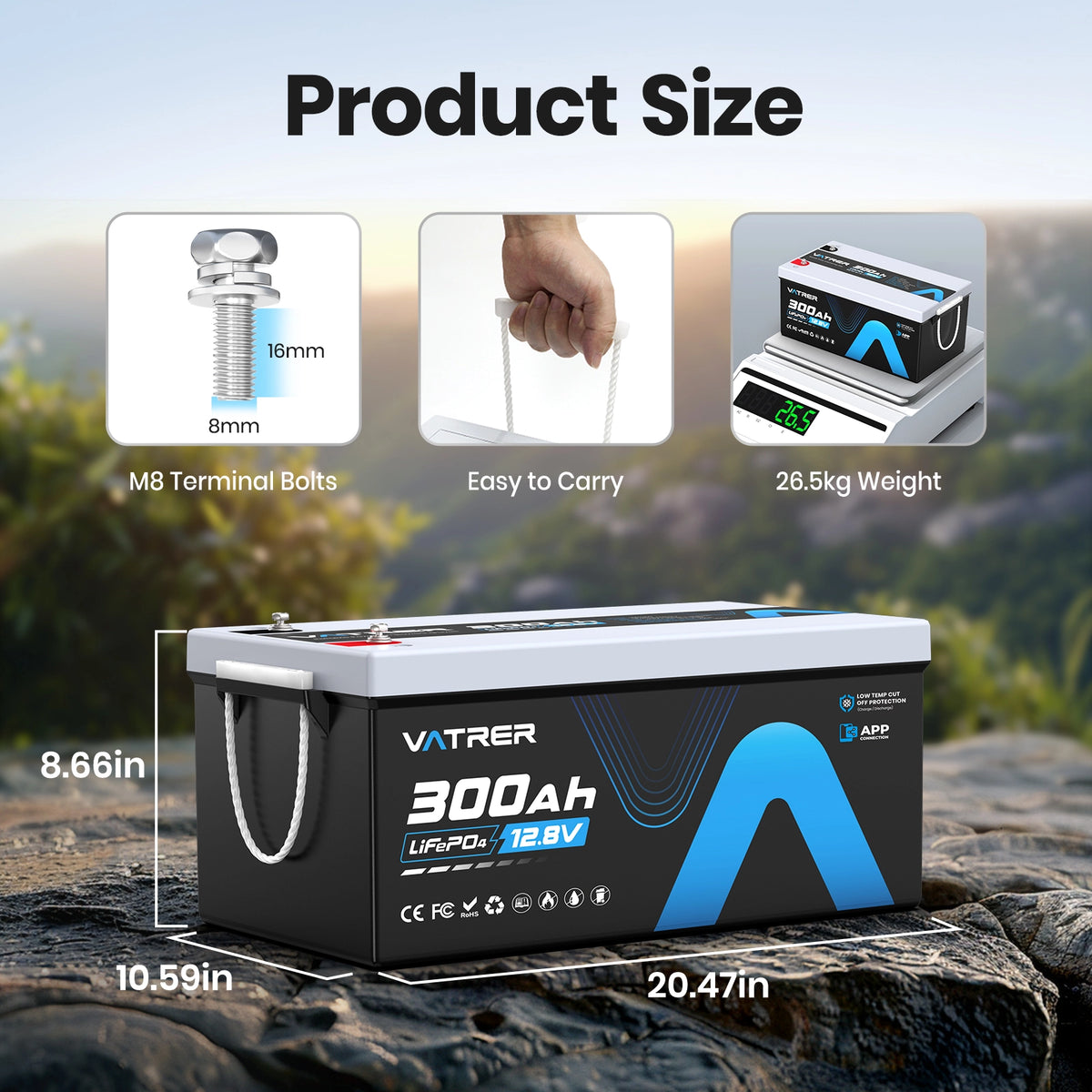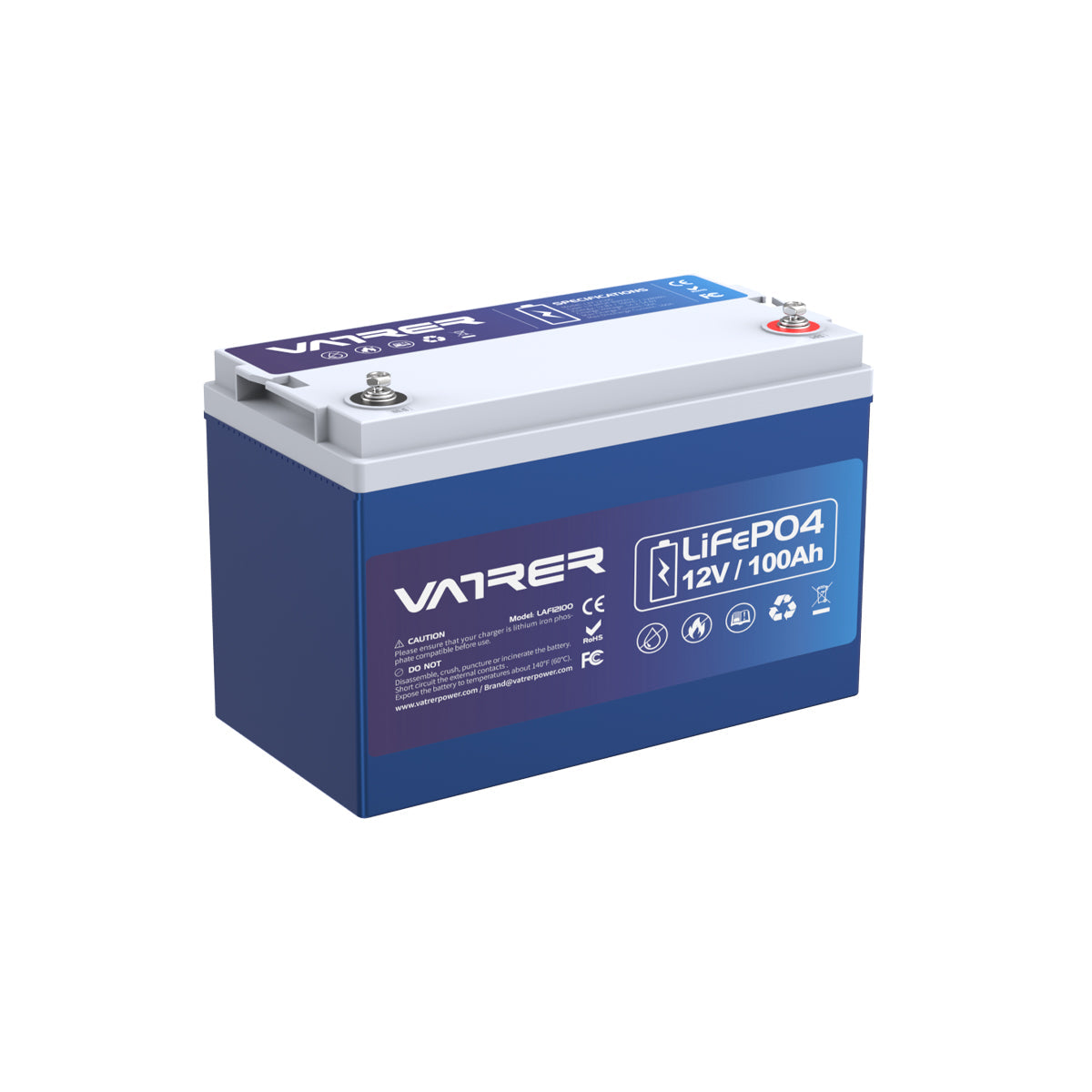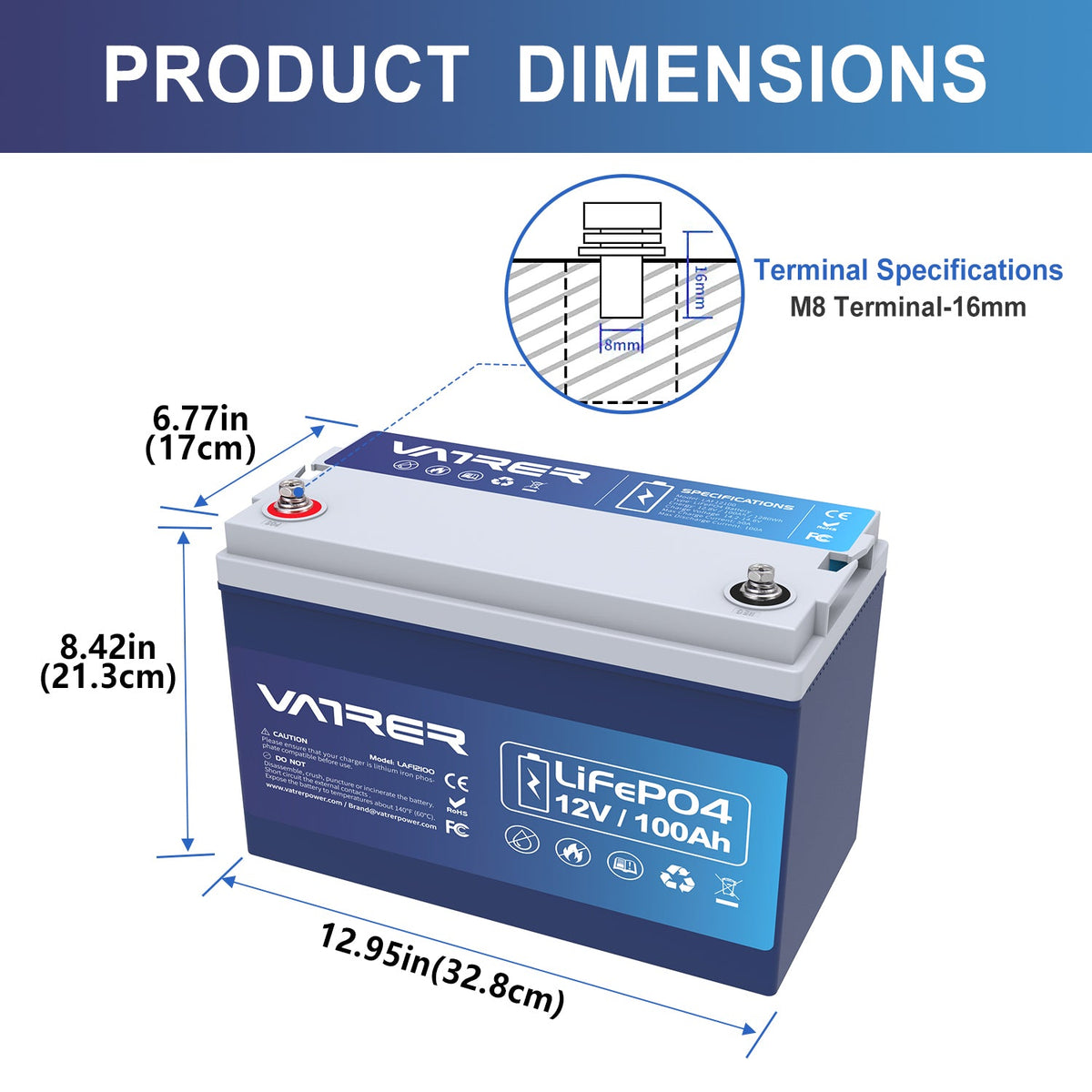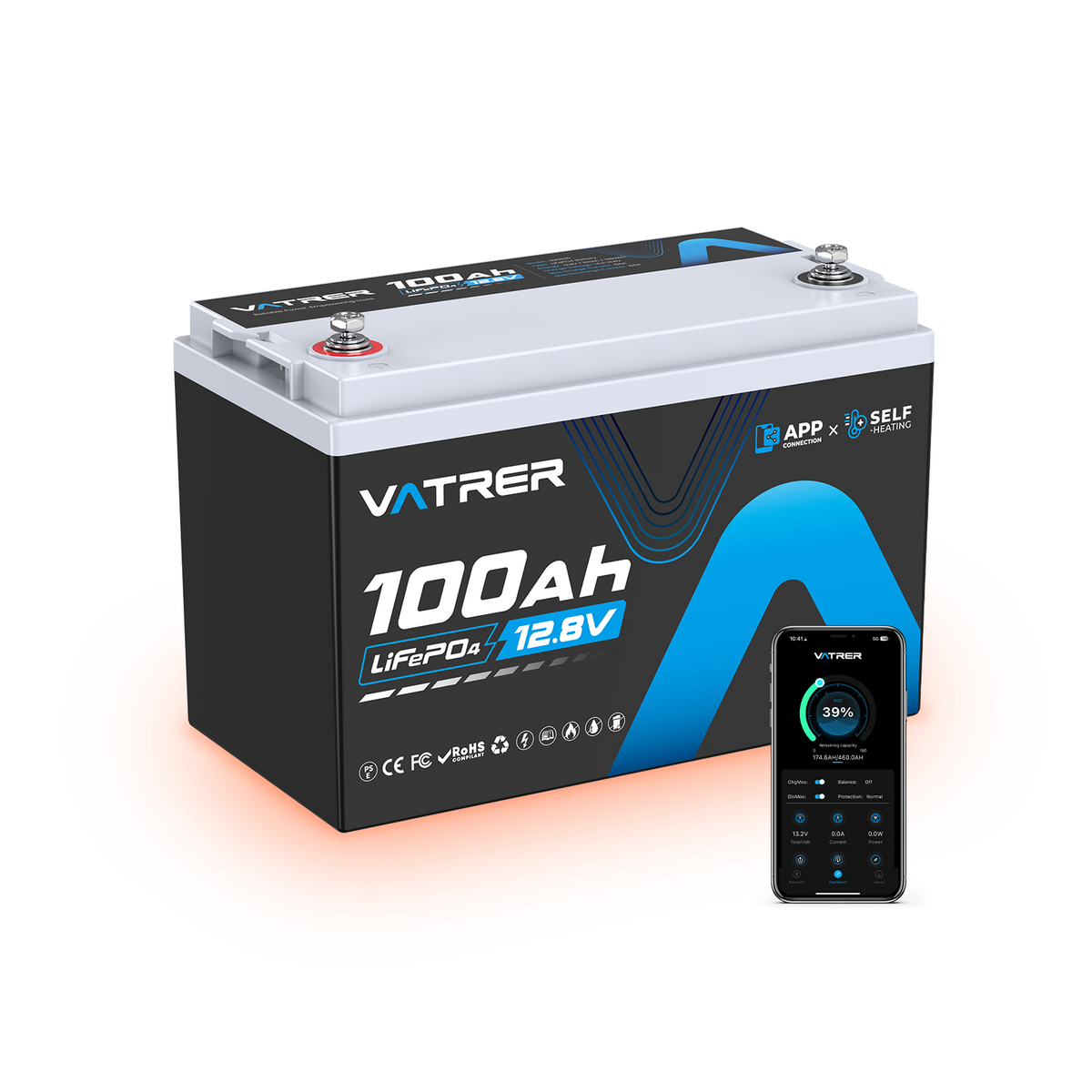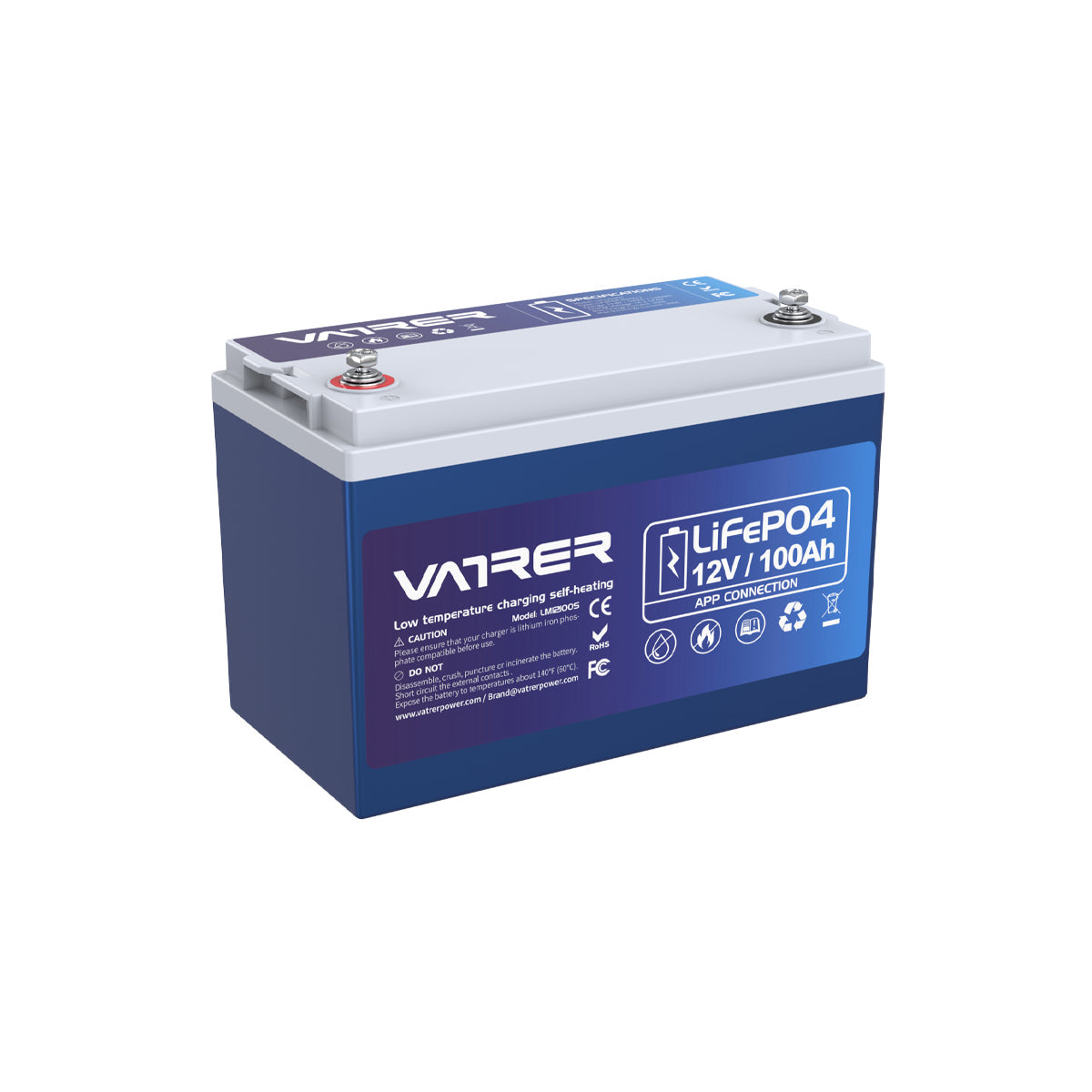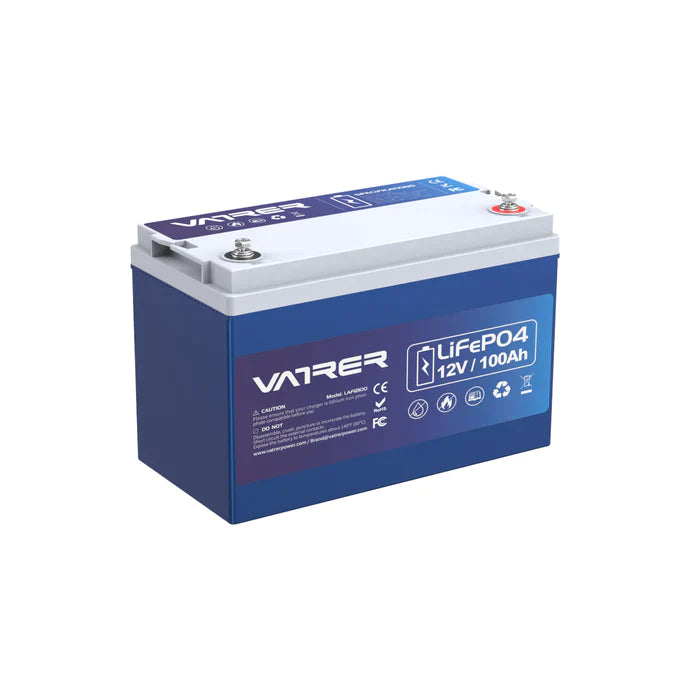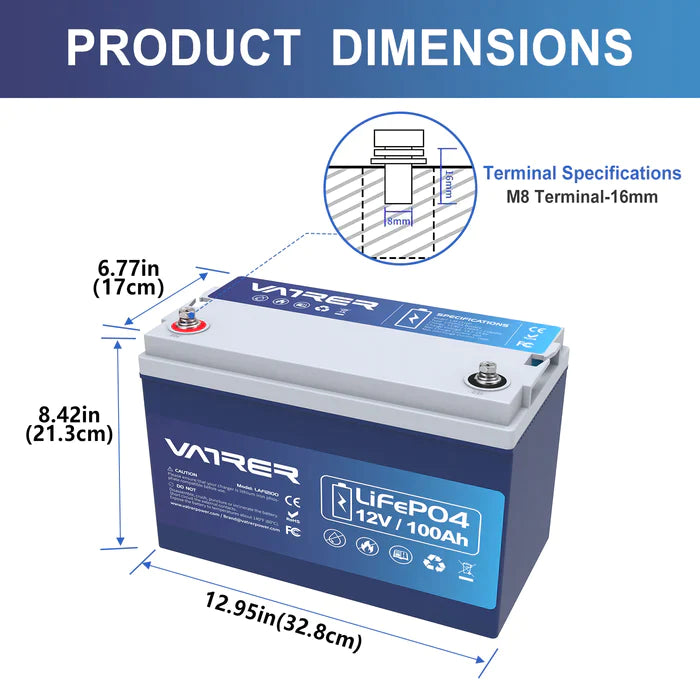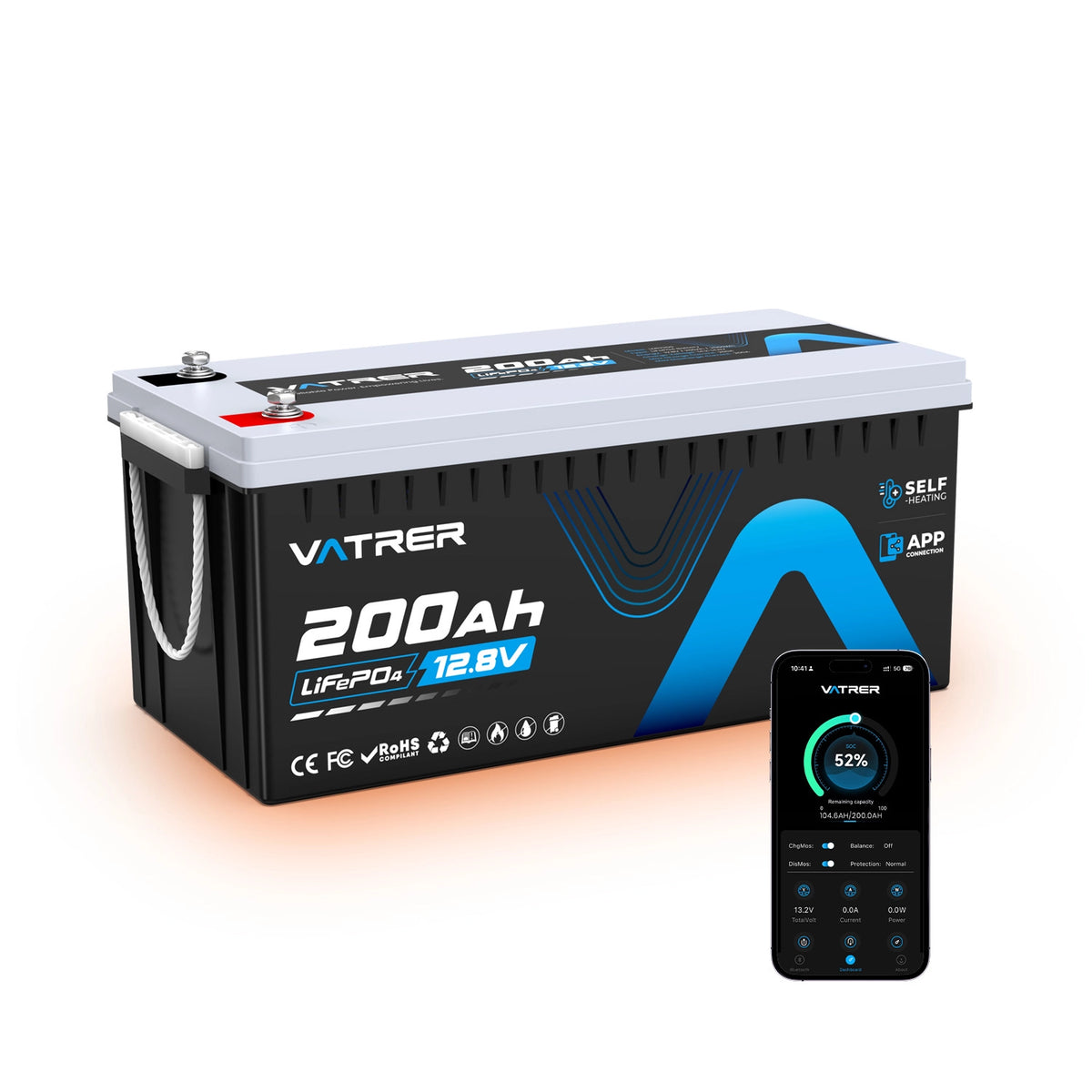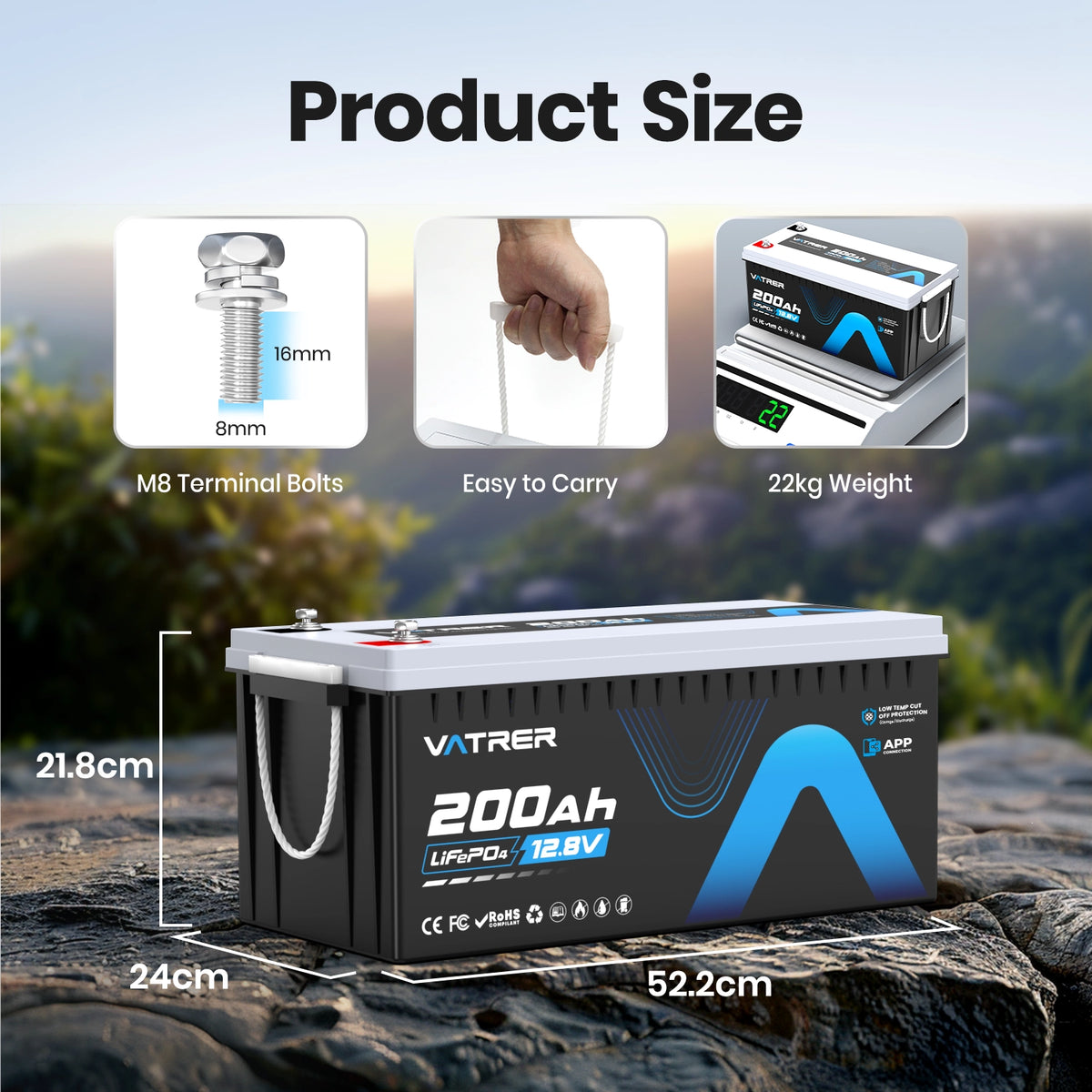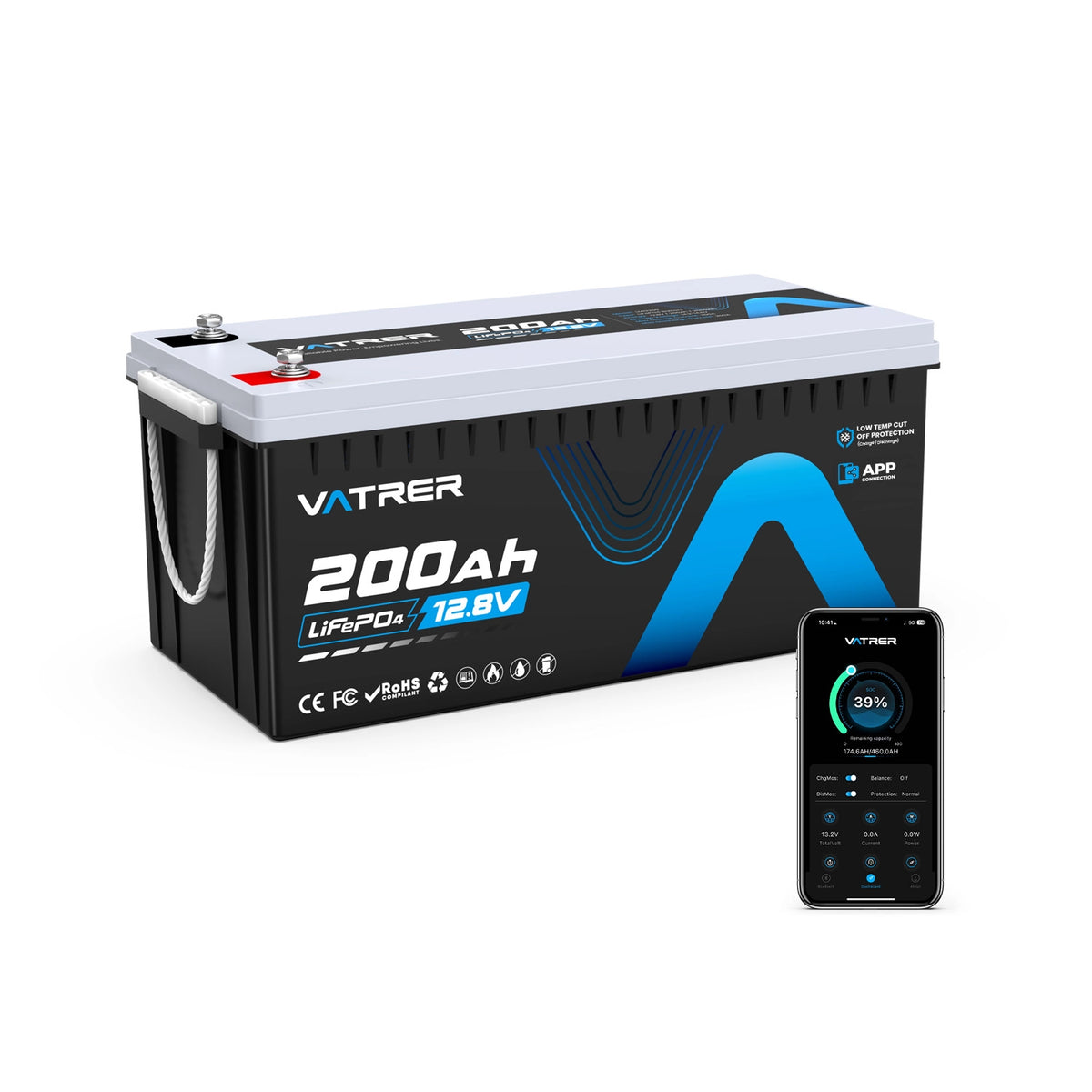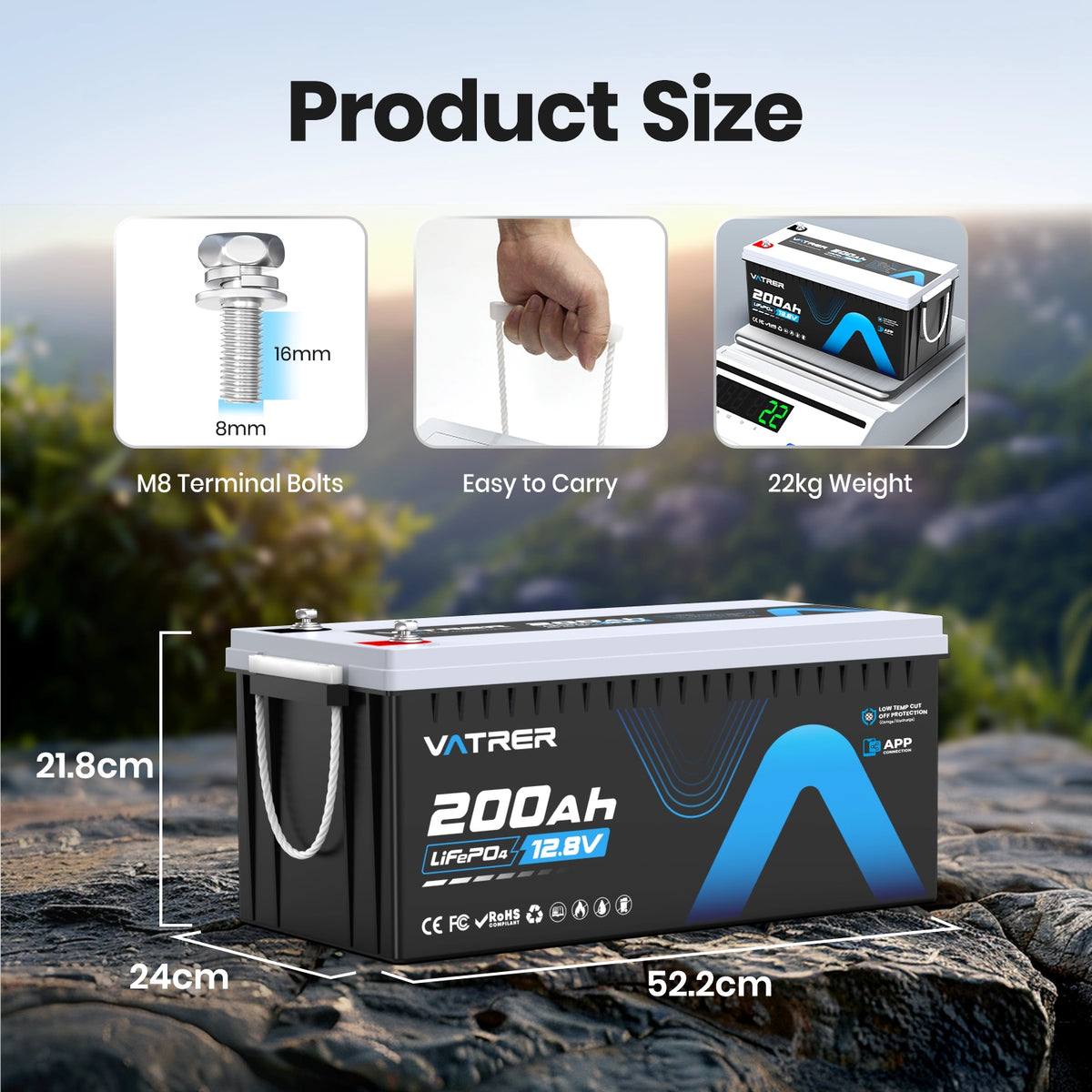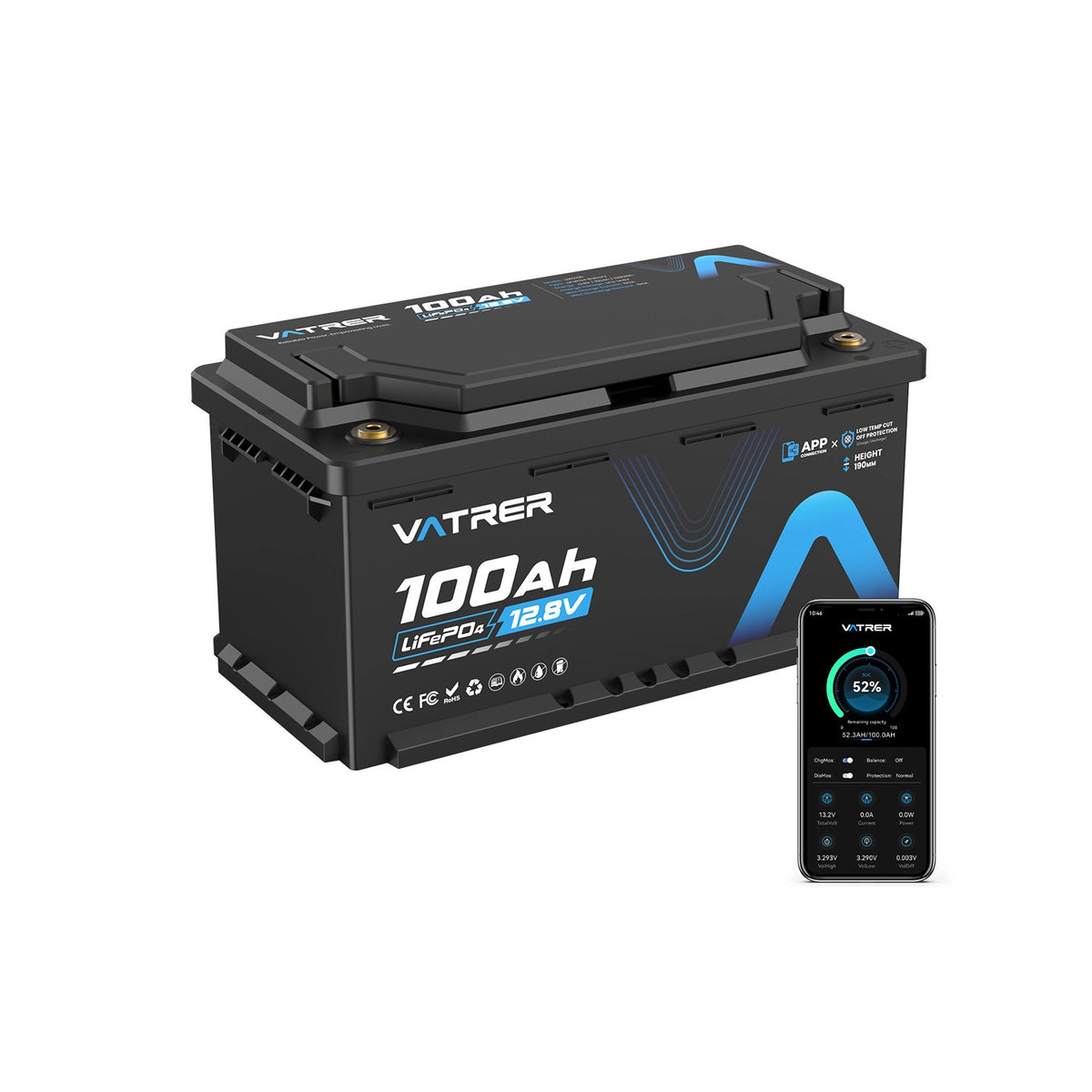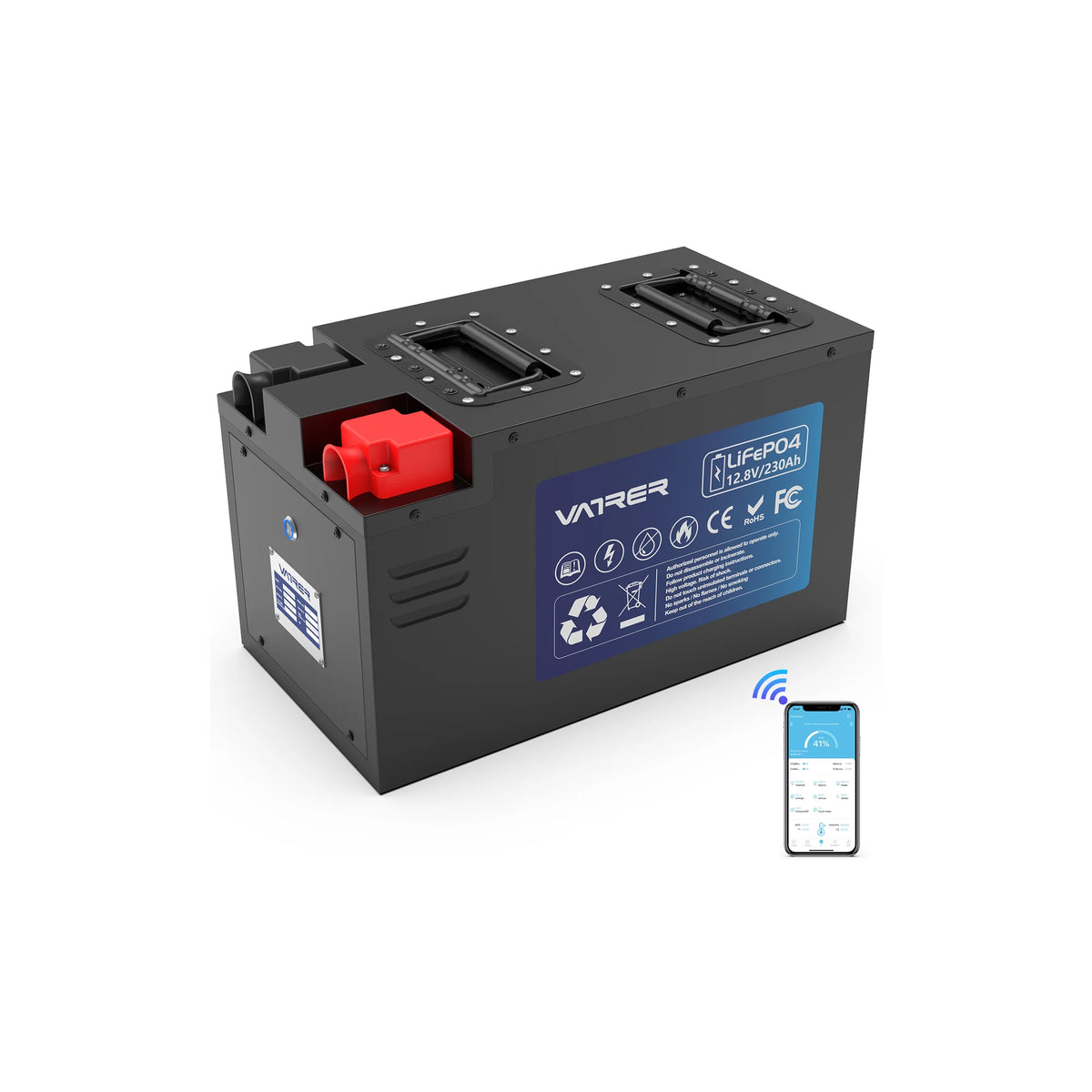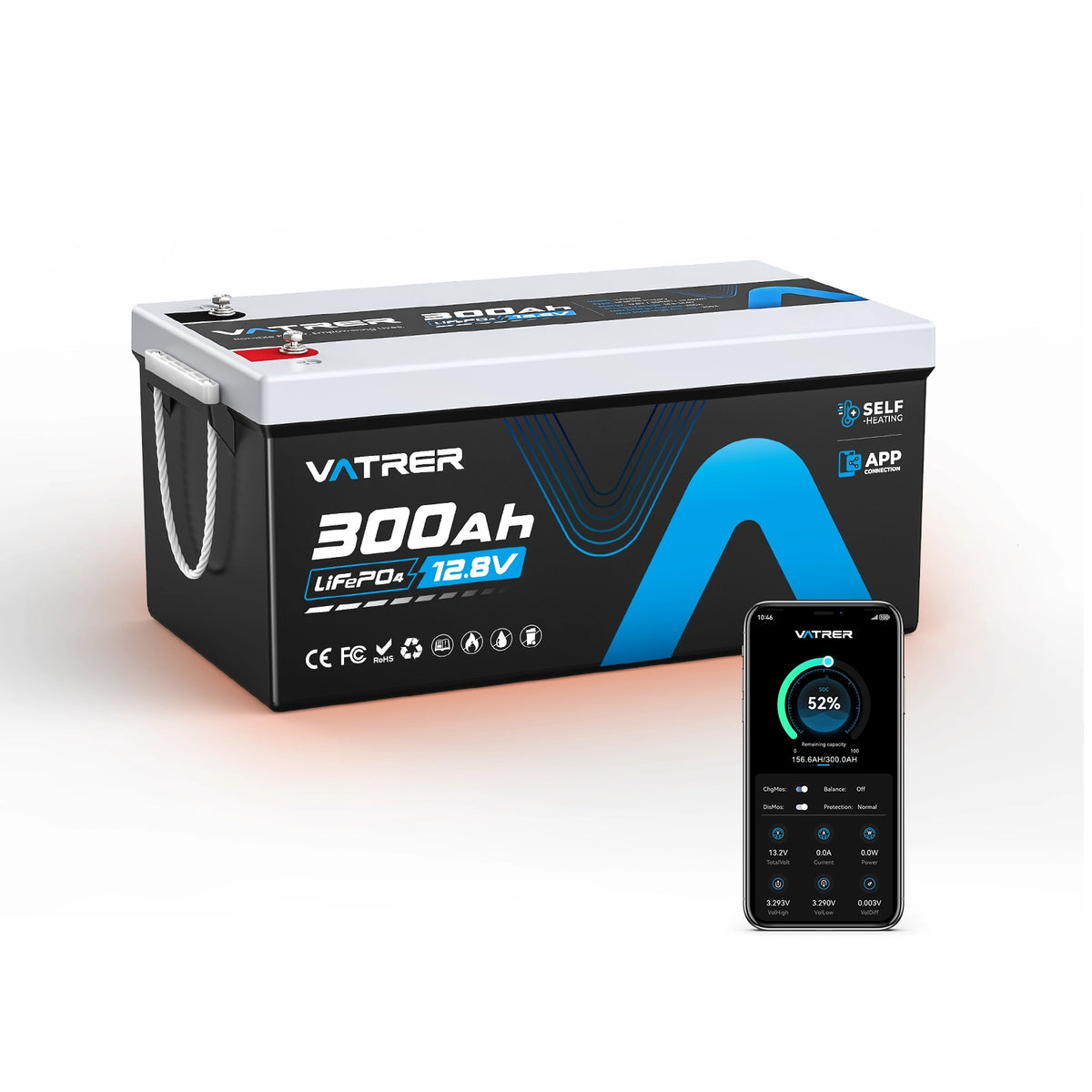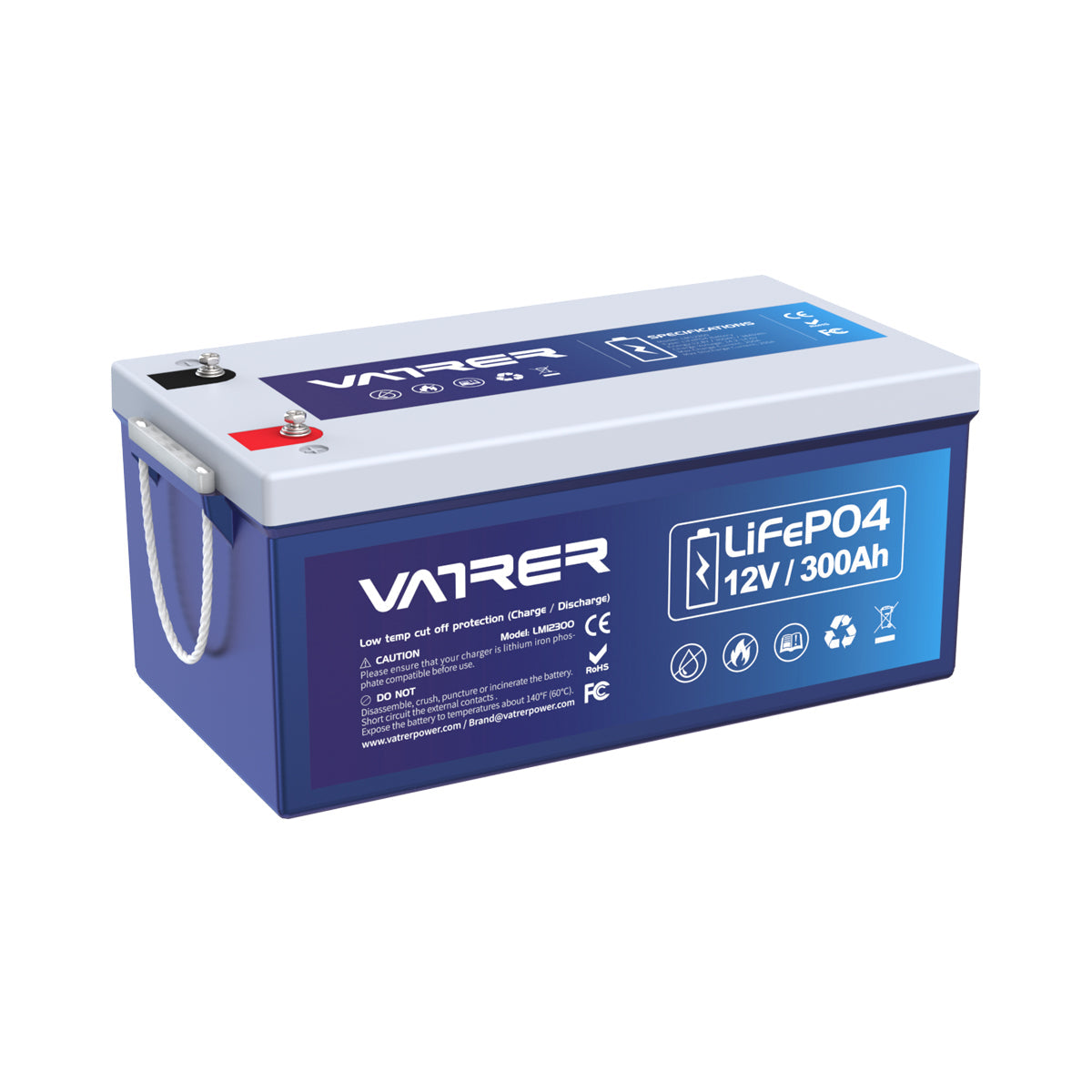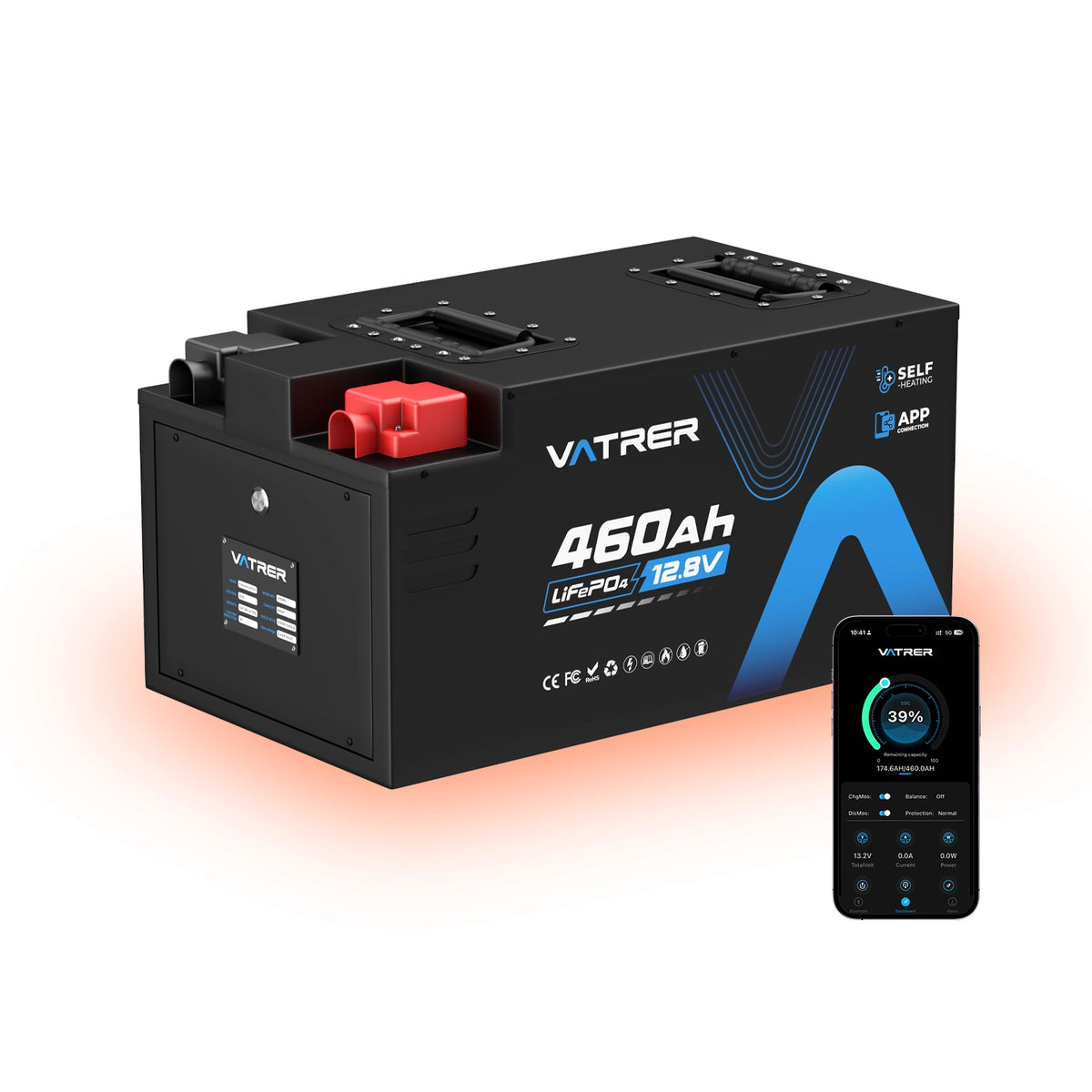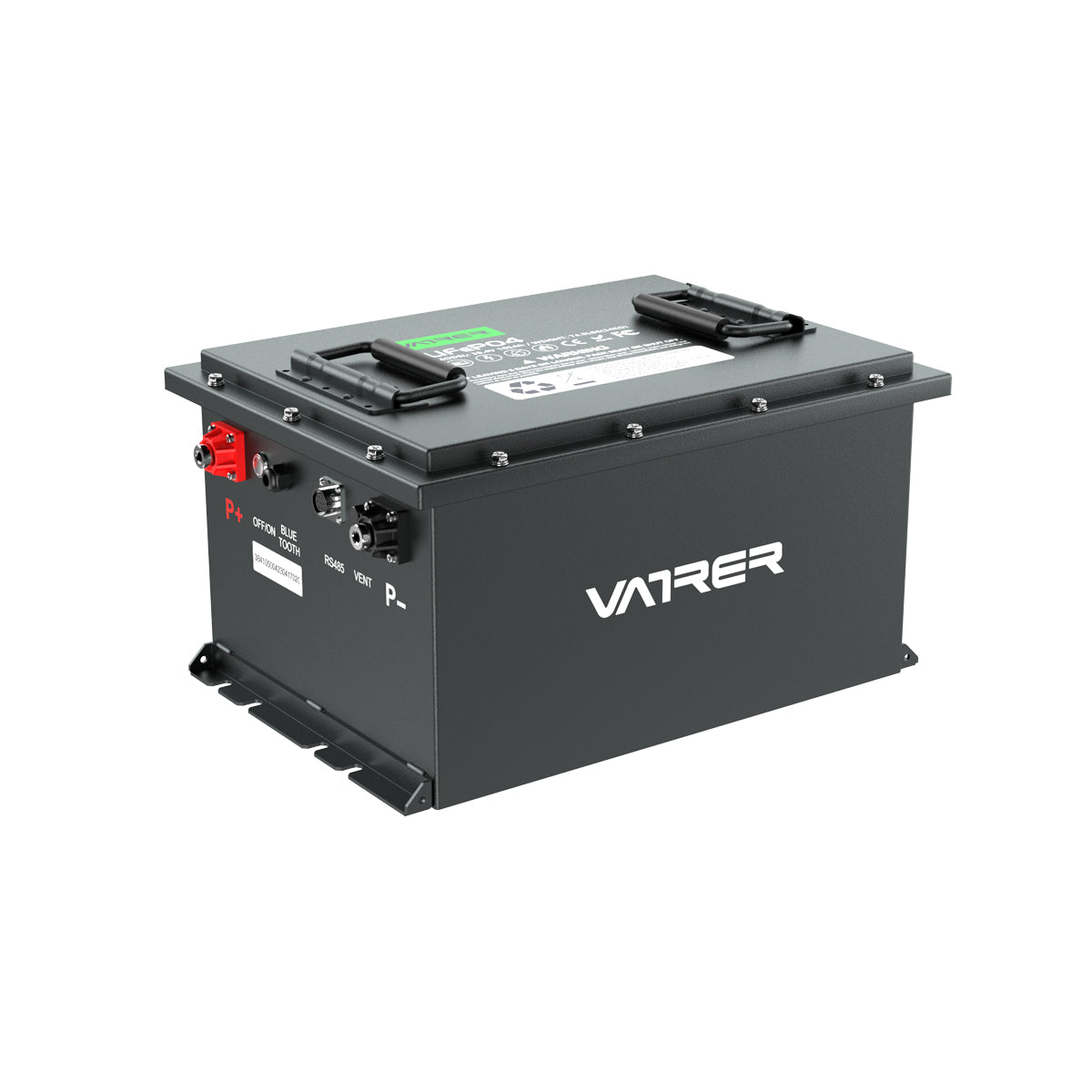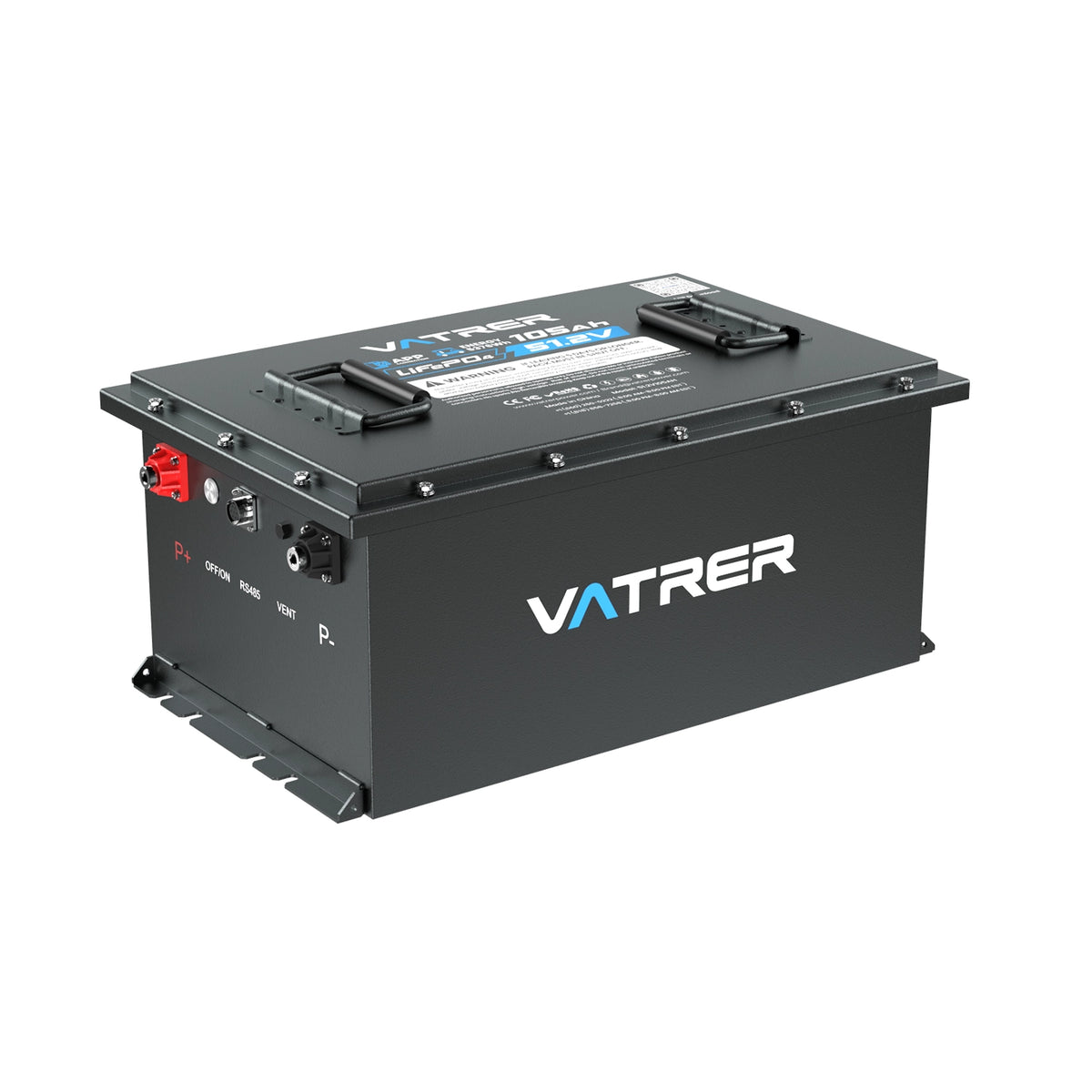If you own a recreational vehicle (RV), you know that maintaining a healthy battery is crucial for a smooth and enjoyable journey. However, many RV owners often face the frustrating issue of dead batteries. Understanding the common culprits behind battery drain can help you prevent this problem and ensure your RV is always ready to go. Here’s a detailed look into what might be killing your RV battery and how to address these issues.

1. Parasitic Draws
Parasitic draws, also known as phantom loads, occur when electrical devices continue to consume power even when they are turned off. This could include anything from the clock on your radio to the alarm system. While each device might draw only a small amount of power, the combined effect over time can significantly deplete your battery.
2. Overuse of Appliances
Using appliances that consume a lot of power, such as air conditioners, microwaves, or TVs, especially when the engine is off, can drain the battery much faster than you might expect. This is particularly common when RVs are used for camping without hookups to external power sources.
3. Poor Charging Practices
Improper charging can also lead to a shortened battery life. This might involve undercharging or overcharging the battery. Undercharging leaves the battery with insufficient power, leading to sulfation, where lead sulfate crystals form and prevent proper charging. Overcharging, on the other hand, can cause the water in the battery to split into hydrogen and oxygen, which can damage the battery internals.
4. Old or Worn-Out Batteries
Like all components, batteries have a lifespan. An old or worn-out battery won’t hold a charge well, no matter how well you maintain it. The average life expectancy of an RV battery is around 3-5 years, depending on usage and maintenance.
5. Extreme Temperature Exposure
Exposure to extreme temperatures, both hot and cold, can severely impact battery performance. High temperatures can increase the rate of chemical reactions inside the battery, leading to quicker degradation. Cold temperatures, meanwhile, can reduce the battery’s capacity to hold a charge.
6. Lack of Regular Maintenance
Regular maintenance is key to extending the life of an RV battery. This includes ensuring the battery is clean and free from corrosion, the connections are tight and secure, and the water levels (for lead-acid batteries) are adequate.
How to Prevent RV Battery Drain
-
Check for Parasitic Draws: Regularly check your electrical installations and devices to ensure there are no unwanted power drains.
-
Monitor Appliance Use: Be mindful of appliance use when not connected to an external power source. Consider using energy-efficient appliances or solar panels to help manage power use.
-
Practice Proper Charging Techniques: Use a smart charger that can adjust the charge according to the battery’s condition. Ensure batteries are charged after each use.
-
Replace Old Batteries: Be proactive in testing and replacing batteries that are near the end of their lifespan.
-
Protect from Extreme Temperatures: Where possible, park in shaded areas during hot weather and insulated or heated areas during cold weather.
-
Regular Maintenance: Perform regular battery maintenance checks, clean terminals, secure connections, and ensure fluid levels are appropriate.
By understanding and addressing these common issues, you can significantly reduce the risk of premature battery death, ensuring your RV is always ready for your next adventure. Remember, preventive care is always more cost-effective than dealing with the aftermath of a dead battery.






